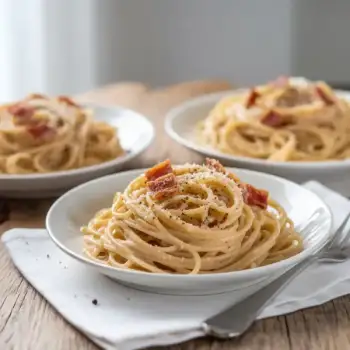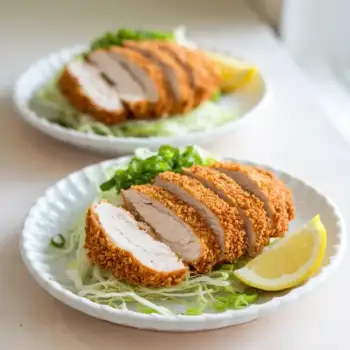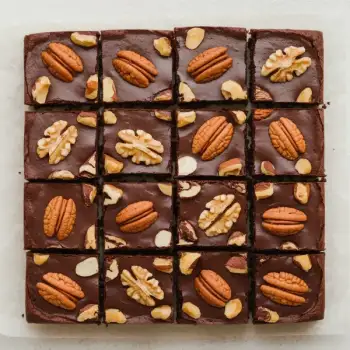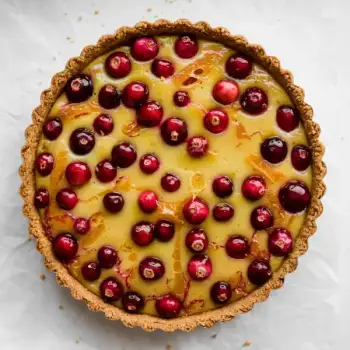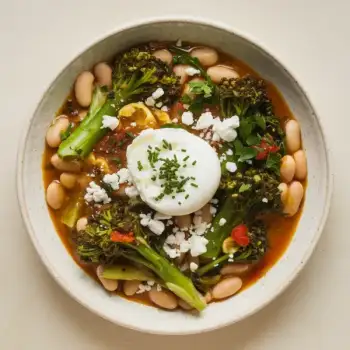


Whole
Whole eggs are the most common form, used in a variety of cooking methods such as boiling, frying, poaching, and baking.
Frozen
Eggs that have been cracked open, mixed together, and then frozen. They are often used in large-scale food service operations.
Liquid
Eggs that have been removed from their shells and pasteurized. They are often sold in cartons and can be used in recipes that call for whole eggs.
Powdered
Dehydrated eggs that have been ground into a powder. They are used in baking and other recipes where liquid content needs to be controlled.
Pasteurized
Eggs that have been heated to kill bacteria, but not cooked. They are safe to use in recipes that call for raw eggs.




whole eggs: Eggland's Best
frozen eggs: Michael Foods
liquid eggs: Egg Beaters
powdered eggs: Augason Farms
pasteurized eggs: Davidson's Safest Choice

Frying: Fried eggs are cooked in a small amount of fat over medium-high heat. The eggs can be flipped for an over-easy or over-hard yolk, or left unflipped for a sunny-side-up egg.
Boiling: Hard-boiled eggs are cooked in their shells in boiling water for about 9-12 minutes. Soft-boiled eggs are cooked in a similar way but for a shorter time (about 4-5 minutes) to achieve a runny yolk.
Poaching: Poached eggs are cracked into a bowl and gently slid into a pan of simmering water, and cooked until the whites are set but the yolk is still runny.
Scrambling: Scrambled eggs are beaten in a bowl, then poured into a hot pan and stirred frequently until they are set but still slightly creamy.





